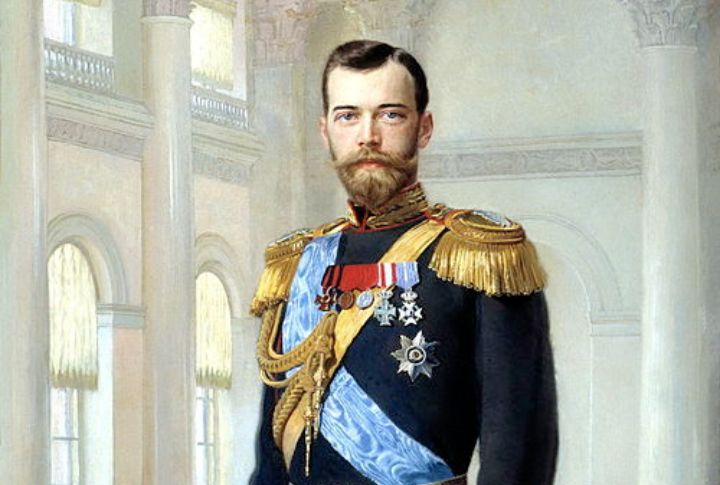
Even the most celebrated figures have had days they wish they could erase. Certain decisions made by people in power didn’t just fail—they caused upheaval and outright disaster. These moments stick out because the consequences were bigger than anyone imagined. Here are ten historical decisions that went spectacularly off course.
Napoleon Bonaparte (Invading Russia In 1812)
Napoleon’s Russian invasion began with certainty but met relentless opposition and logistical nightmares. The Borodino Battle left countless soldiers fallen or wounded, undermining momentum. Reaching Moscow also offered no comfort, as destruction and winter’s grip forced a retreat that destroyed nearly the entire army.
Adolf Hitler (Declaring War On The U.S. After Pearl Harbor)
Following Japan’s attack on Pearl Harbor, Hitler declared war on the U.S. on December 11, 1941. This decision unnecessarily drew America’s industrial and military power into Europe. Surprisingly, the Axis pact did not require him to act, and the U.S. Congress responded almost unanimously by declaring war on Germany.
George Armstrong Custer (Underestimating Native American Forces At The Little Bighorn)
Custer’s greatest error at the Little Bighorn lay in underestimating his opponents. He ignored clear signs of a large, united force of Lakota, Northern Cheyenne, and Arapaho warriors. That misjudgment left the 7th Cavalry vulnerable, thereby resulting in total annihilation and one of the most famous military blunders in U.S. history.
King Edward VIII (Abdicating The Throne For Love)
In 1936, King Edward VIII gave up the British throne to marry Wallis Simpson, an American divorcee. What seemed romantic turned disastrous. His choice sparked a constitutional crisis, damaged the monarchy’s reputation, and left him politically isolated for life. Exiled from power, Edward spent decades regretting the crown he couldn’t keep.
Tsar Nicholas II (Mishandling WWI And Ignoring Reform)

Leadership under Nicholas II faltered as Russia entered WWI, as it strained soldiers and civilians alike. Resistance to meaningful reform aggravated tensions across the empire, which paved the way for the 1917 Revolution. The last Romanov’s execution marked one of Russia’s most dramatic historical turning points.
Marcus Licinius Crassus (Invading Parthia Without A Proper Strategy)
Crassus, one of Rome’s wealthiest men, launched an ill-prepared invasion of Parthia in 53 BCE. Lacking a strategy, he was killed at the Battle of Carrhae, a major defeat for Rome. As a member of the First Triumvirate with Caesar and Pompey, his passing destabilized Roman politics and accelerated the Republic’s decline.
Leopold II Of Belgium (Brutal Exploitation Of Congo)
King Leopold II personally controlled the Congo Free State, where forced labor and brutality killed millions. Global outrage forced Belgium to assume control in 1908. Remarkably, Leopold never visited the Congo, a territory 76 times larger than Belgium. His reign remains infamous for its human cost and extreme exploitation.
Robert McNamara (Escalating U.S. Involvement In Vietnam)
As Secretary of Defense, Robert McNamara played a central role in escalating U.S. involvement in the Vietnam War. The conflict grew increasingly unpopular and is now seen as a costly failure. McNamara later admitted his mistakes and served as World Bank president, which illustrates his continued influence despite controversial wartime decisions.
Neville Chamberlain (Appeasing Hitler At Munich)
Neville Chamberlain signed the 1938 Munich Agreement and allowed Nazi Germany to annex the Sudetenland from Czechoslovakia. His policy of appeasement failed to prevent WWII. After the agreement, he famously proclaimed “peace for our time.” Chamberlain served as British PM from 1937 to 1940, but faced severe criticism for his diplomatic misjudgment.
Pope Urban II (Launching The First Crusade)
In 1095, Pope Urban II urged followers of the Christian faith to march toward Jerusalem by framing it as a holy mission. Thousands answered, energized by his words at Clermont. Success in 1099 came at a cost: the campaign set a pattern of warfare and division that would shape centuries.

